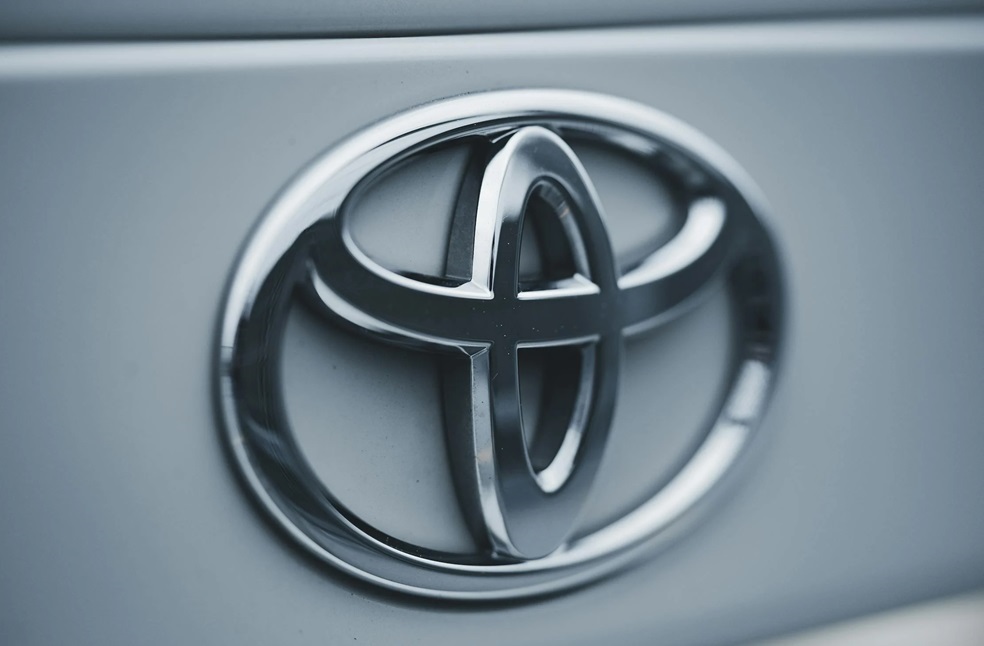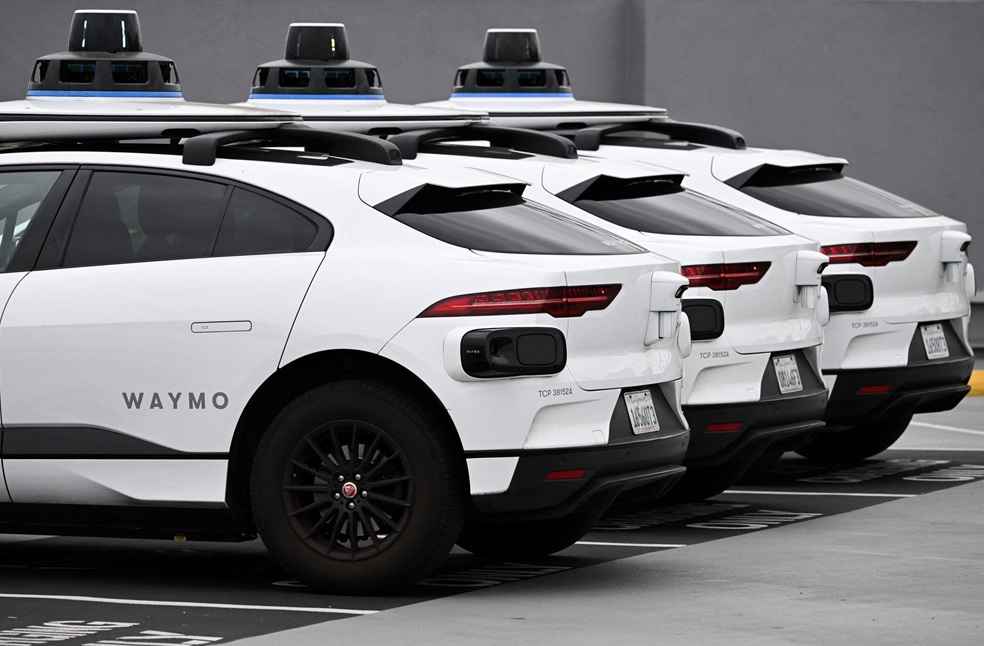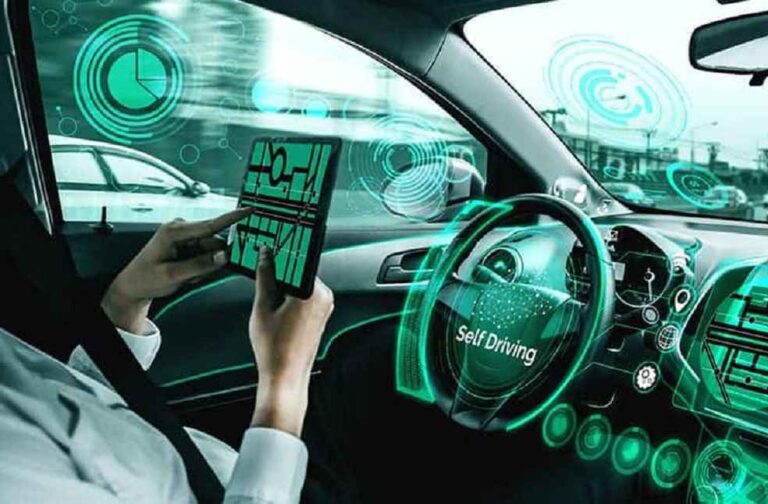Waymo, a subsidiary of Alphabet, and Toyota unveiled plans on Tuesday for a preliminary collaboration to advance autonomous driving and driver assistance systems. The partnership seeks to combine Waymo’s cutting-edge self-driving technology with Toyota’s automotive expertise, with a focus on improving safety and enhancing mobility in personally owned cars.
Waymo, Google’s self-driving arm, is already in discussions with Toyota to explore potential collaboration on developing self-driving technology for privately owned vehicles.
Waymo’s co-CEO, Tekedra Mawakana, stated that Toyota, the world’s top automaker by sales, might have its vehicles integrated into Waymo’s ride-hailing fleet in the future. However, the collaboration is still in its early phases, and no concrete deployment plans have been made yet.

During the inaugural Ride AI conference earlier this month, the Toyota Research Institute shared its perspective on self-driving technologies, describing them as tools to assist or teach users in the near term rather than completely replacing human drivers.
Toyota previously partnered with and invested in Tesla but sold its stake in the electric vehicle company in June 2017.
Waymo has collaborated with various automakers in the past, including Jaguar Land Rover, Fiat Chrysler (now part of Stellantis), Daimler Trucks, Mercedes-Benz parent Daimler, Hyundai Motor, and China’s Geely. While these partnerships often emphasized long-term alliances, the primary outcomes involved automakers producing customized vehicles for testing or integration into Waymo’s fleets.

A spokesperson for Waymo told CNBC that the new partnership with Toyota will not interfere with the company’s plans to deploy Hyundai and Geely vehicles through its Waymo One ride-hailing service in the future.
Waymo has boosted its weekly paid rides to 250,000, marking an increase from 200,000 in February. The surge comes after the company’s expansion into Austin and the San Francisco Bay Area in March. In addition to these regions, Waymo offers commercial driverless services in Phoenix and Los Angeles. Prioritizing safety, the company affirmed that its autonomous vehicles are involved in 81% fewer injury-causing collisions compared to human drivers.
AUTO TECH | Global Carmakers Turn to Chinese Tech for Smart Car Features





